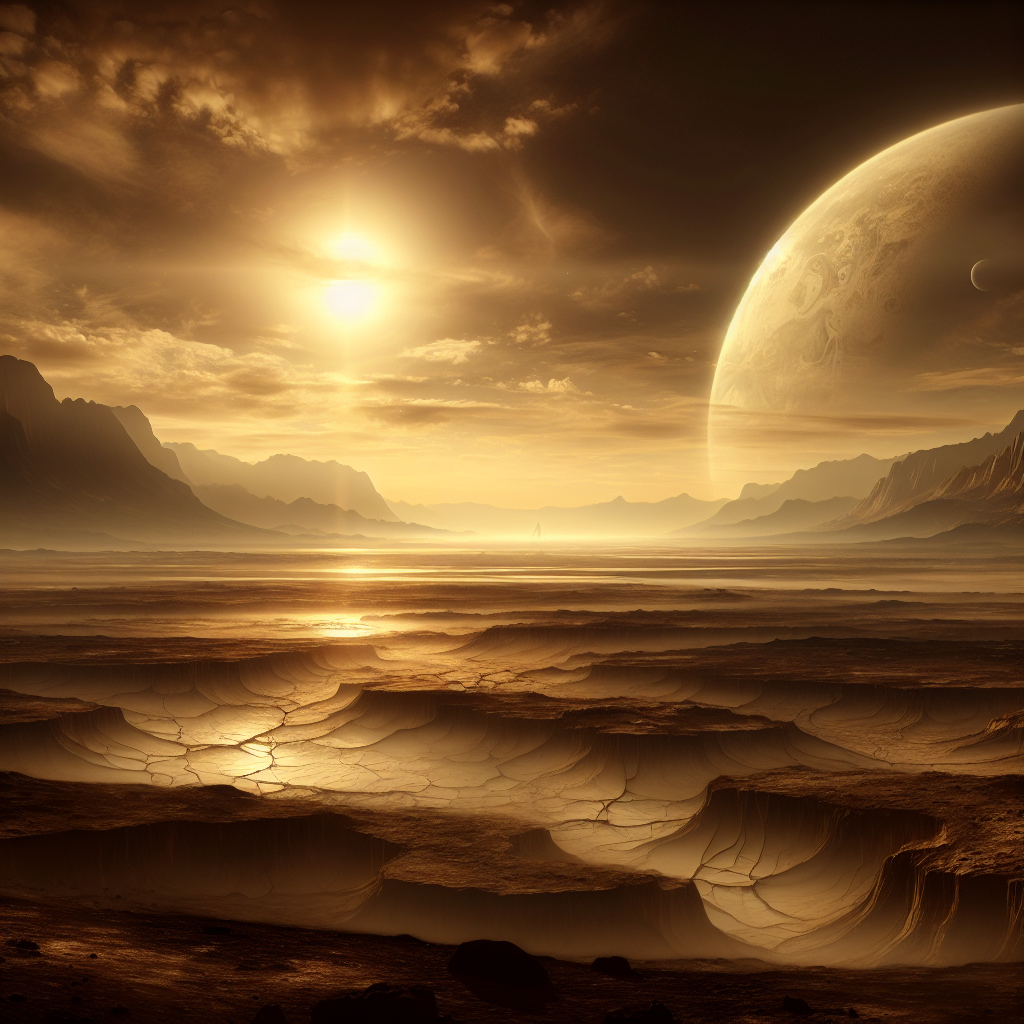
Did Venus Ever Have Oceans? New Insights from Recent Research
Earth, the blue planet, is renowned for its watery expanses, with oceans enveloping approximately 71% of its surface. In stark contrast lies Venus, often termed Earth’s twin due to its similar size and rocky nature. Yet, Venus presents a vastly different landscape — a scorched and arid surface. Recent research puts to rest the enduring question: Did Venus ever have oceans?
The Verdict: A Dry Venus
According to groundbreaking research, the answer is no. The latest scientific inquiry has deduced Venus’s water content by examining atmospheric chemistry, suggesting that the planet’s interior is significantly dry. This revelation challenges past theories suggesting Venus might have harbored subsurface water, remnants of a possible ancient ocean.
Volcanism and Atmospheric Clues
Volcanic activity on celestial bodies offers insights into internal compositions. On Earth, volcanic gases consist of over 60% water vapor, hinting at a moisture-rich interior. However, this isn’t the case for Venus. The study found volcanic gases on Venus to contain no more than 6% water vapor, strongly indicating a desiccated planetary interior.
Tereza Constantinou, the lead researcher from the University of Cambridge, elucidated, “Venus’ atmospheric chemistry points to extremely low water emissions from volcanic eruptions, confirming a dry internal structure and a long-standing arid surface.”
The Divergent Paths of Sister Planets
Contrary to the initial thought of a temperate Venus with liquid water, new evidence points towards an everlasting dry past. This stands in stark contrast to Mars, which bears indications of historical oceanic water.
- Mass and Size: Venus, with a diameter of approximately 7,500 miles, is just slightly smaller than Earth’s 7,900 miles.
- Extremes in Conditions: Venus experiences extreme atmospheric pressures, intense surface temperatures around 465°C (869°F), and corrosive sulfuric acid clouds, making it drastically different from Earth.
As Constantinou articulates, “Although Venus and Earth share similarities in mass and density, their evolutionary paths diverged drastically over time.”
Habitable Possibilities: Venus vs. Mars
While Mars may be home to vast underground water reserves within its igneous terrains, Venus offers no such evidence of liquid water past or present. NASA’s InSight lander operations on Mars have bolstered theories of existing water beneath its surface.
In contrast, Venus has remained relatively less explored. But this is set to change with upcoming missions.
Future Explorations on the Horizon
Bold missions are on the horizon to resolve Venusian mysteries:
- NASA’s DAVINCI Mission: Slated for the 2030s, this mission aims to deploy atmospheric probes and conduct flybys to analyze Venus’s atmospheric composition and surface.
- ESA’s EnVision: Set in the same timeframe, the European Space Agency plans to engage in radar mapping and in-depth atmospheric studies.
These explorations will transform Venus into a natural laboratory, enhancing our understanding of celestial habitability, or its absence.
Reporting by Will Dunham and Edited by Rosalba O’Brien. For further updates in science and space explorations, visit our science section.
Additional Science Insights
- Explore why hints of alien life remain elusive in “12 Strange Reasons Humans Haven’t Found Alien Life Yet” on Live Science.
- Discover the breakthrough technology in energy storage with China’s latest invention in “China Turns Waste Oil into Supercapacitors” on Interesting Engineering.
- Unearth ancient human discoveries through “‘Large Head People’: A New Form of Ancient Human Emerges” on ScienceAlert.
Stay updated with the latest explorations and insights into our Earth’s planetary neighbors.
Source: https://www.yahoo.com/news/did-venus-ever-oceans-scientists-175319129.html

